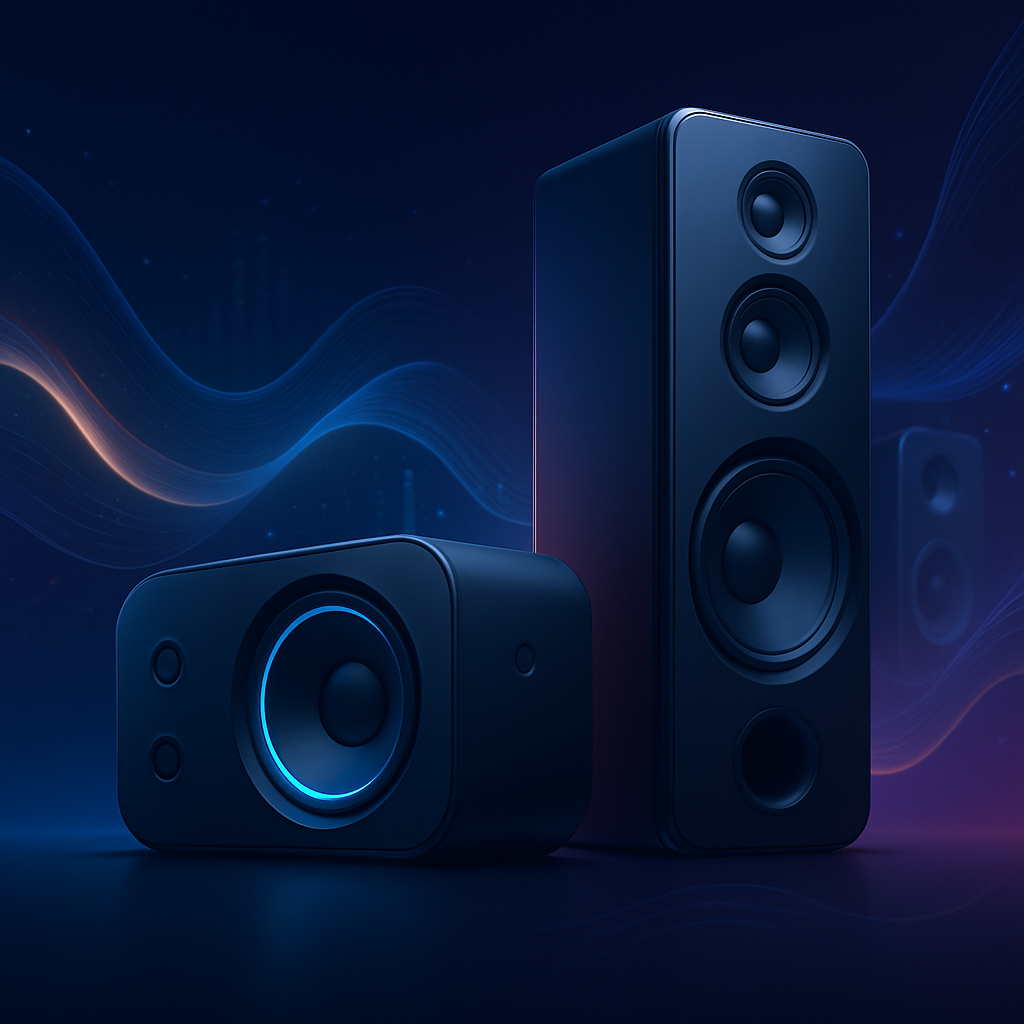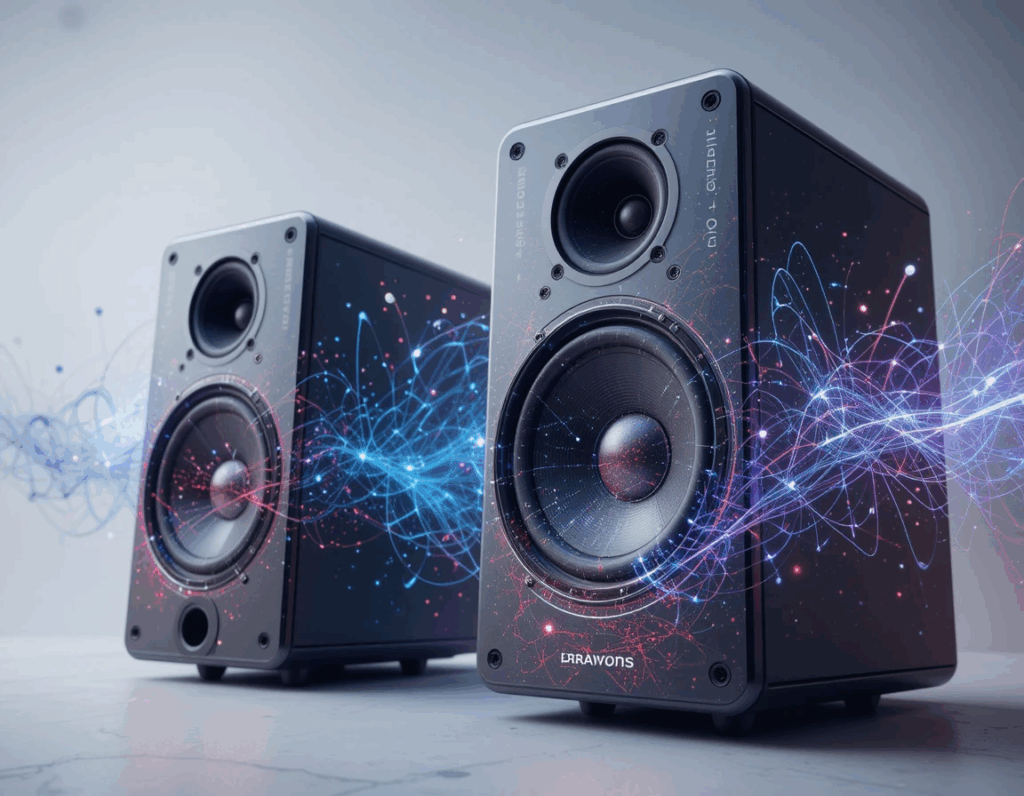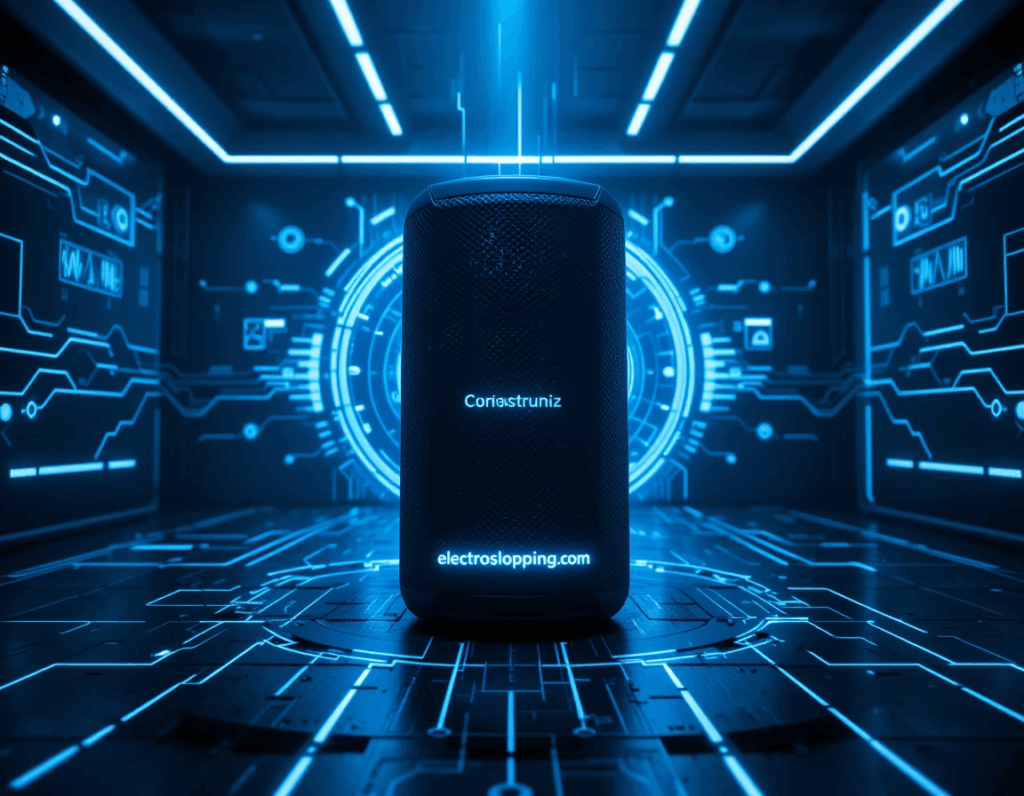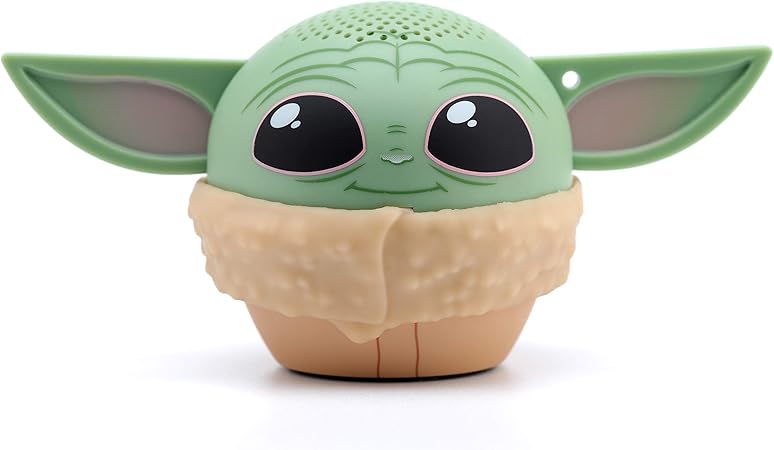The time to charge a Bluetooth speaker varies with the battery size and charger type. Small portable speakers (1000–2000 mAh) often charge in about 1–3 hours with a standard USB charger. Medium-size speakers (2000–4000 mAh) typically need ~3–5 hours, while large party-style speakers (>5000 mAh) can take up to 6–8 hours on a 5W charger. Models with fast-charge (USB-C PD or Quick Charge) can reach full battery faster, often in 1–2 hours with the right adapter. For example, Bose notes a full charge may take ~5 hours bose.com.au, while Sony reports ~3 hours sony.ie. See the comparison table below:
Learn the typical time to charge a Bluetooth speaker, from small to large models. Get charging tips, battery care advice, and safety tips to avoid overcharging.
| Speaker Type | Battery Capacity (approx.) | Charging Method | Typical Charge Time |
|---|---|---|---|
| Small (portable) | 1000–2000 mAh | Standard USB charger | ~1–3 hours |
| Medium | 2000–4000 mAh | Standard USB charger | ~3–5 hours |
| Large (party) | 5000+ mAh | Standard USB charger | ~6–8 hours |
| Fast-charge enabled | Varies | Quick-charge adapter | ~1–2 hours |
Table of Contents
- How long to charge a Bluetooth speaker
- Best way to charge a Bluetooth speaker
- Charging tips and battery care
- Avoiding overcharging or overheating
- FAQs
How long to charge a Bluetooth speaker

For many users, understanding the time to charge a Bluetooth speaker helps plan listening time and charging habits. The actual charging time varies by model and battery size. For example, a speaker with a 7500 mAh battery might take around 4 hours to fully charge. According to Bose, a full charge in normal mode can take up to 5 hours bose.com.au, and their Quick Charge mode reaches about 97% in roughly 3 hours bose.com.au. Sony’s small portable models take about 3 hours sony.ie. These examples show many mid-sized speakers finish charging in roughly 3–5 hours under ideal conditions.
Charging factors
- Battery capacity: Larger batteries (higher mAh) need longer charging time.
- Charger power: A standard 5V/1A (5W) charger charges slower than a higher-power 2A or Quick-Charge adapter.
- Usage during charge: Playing music or lighting LEDs while charging can lengthen the time.
- Ambient temperature: Charging in very hot or cold conditions can slow down chargingbose.com.au.
- Battery age: Over time, batteries hold less charge and may take longer to fill.
Best way to charge a Bluetooth speaker

- Use the original adapter and cable: The manufacturer’s charger provides the correct current. A poor-quality or mismatched cable can slow charging.
- Charge from a wall outlet: Dedicated power outlets (5V/2A or higher) charge faster than low-power USB ports on computers.
- Charge with the speaker off or idle: Turning off the speaker while charging usually results in a faster charge.
- Use fast-charge if supported: If the speaker accepts fast charging (like USB-C Power Delivery), use a compatible adapter to cut down the charging time.
- Keep the speaker on a hard surface: Charge on a flat, ventilated surface away from heat or cushions to avoid overheating.
- Avoid extreme conditions: Never charge in direct sunlight, high humidity, or very hot/cold environments.
Following these practices will help your speaker charge efficiently and safely.
Charging tips and battery care

- Partial charges are fine: You don’t need to fully drain the battery before recharging. Top-ups (e.g. from 20% to 80%) can be better for lithium-ion health.
- Avoid full discharges: Try not to let the battery drop to 0%. Keeping it above 20% helps maintain longevity.
- Store around 50% charge: If storing the speaker for a long time, leave the battery at about half charge and recharge it every few months.
- Keep it cool: Batteries last longer when kept in moderate temperatures. Don’t charge in a hot car or in direct sunlight.
- Use the speaker regularly: Frequent use and charging prevents the battery from degrading due to inactivity.
- Occasional full charge: Performing a full 0–100% charge cycle once in a while can help recalibrate the battery meter.
Avoiding overcharging or overheating

- Auto-off at full charge: Most speakers stop drawing power once full. Bose confirms lithium batteries won’t overcharge when left plugged in bose.com.au.
- Monitor heat: It’s normal for the speaker to feel slightly warm while charging. If it becomes very hot, unplug it and let it cool before continuing.
- Ventilate: Charge the speaker in a place where heat can dissipate (avoid enclosed spaces or under blankets).
- Inspect for damage: If the speaker ever bulges, smokes, or smells odd during charging, stop using it. A damaged battery can be dangerous.
FAQs
Q: Can I leave my Bluetooth speaker plugged in overnight?
A: Yes, modern speakers stop charging once the battery is full, so it’s generally safe.
Q: How often should I charge my Bluetooth speaker?
A: Charge as needed. Avoid letting the battery drop to 0%. For long-term storage, keep it around 50% and recharge every few months.
Q: Why is my Bluetooth speaker charging slowly?
A: If it’s slow, use a better charger or cable. The original adapter and a wall outlet work fastest. An aging or heavily discharged battery will also charge more slowly.
Q: Can I use my Bluetooth speaker while it’s charging?
A: Yes, but it can slow the process since power is split. For fastest charging, turn off the speaker or pause playback.
Q: How can I extend my Bluetooth speaker’s battery life?
A: Keep the battery between moderate levels (20–80%), avoid extreme temperatures, and use good charging habits. These practices help keep the battery healthy.
Why Your Bluetooth Speaker Battery Drains Fast & How to Fix It Read more –>





One thought on “Time to Charge a Bluetooth Speaker: How Long & Best Charging Practices”